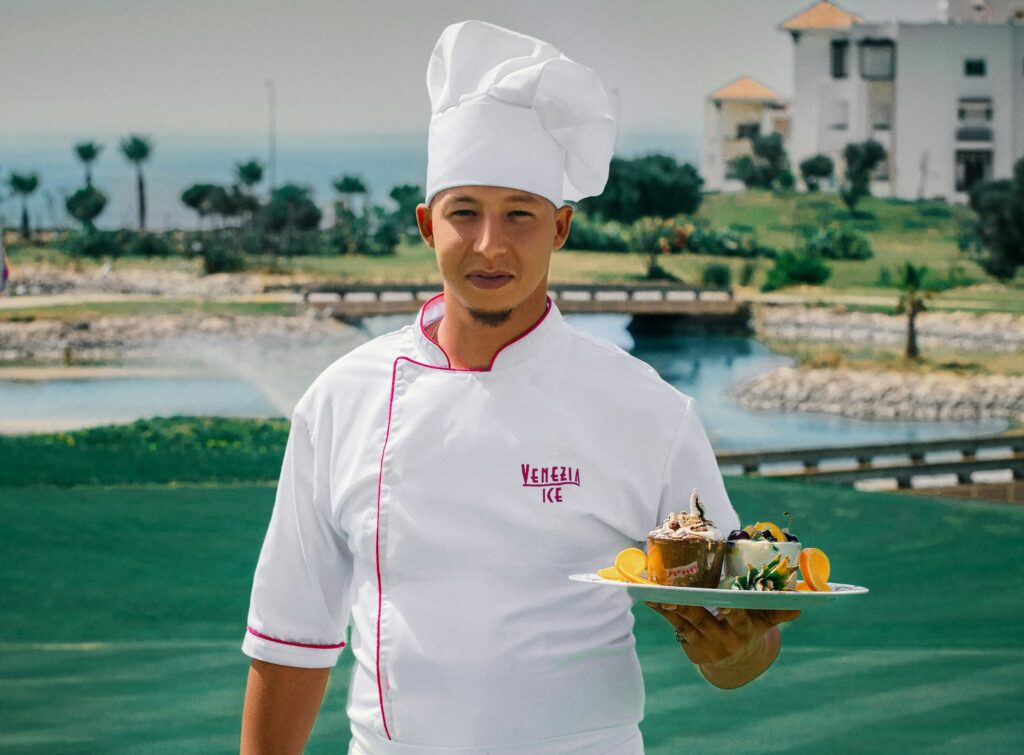
Chefs might seem calm and collected when they’re in the kitchen, but they’re juggling timing, pressure, and precision every second. They pour their heart into each dish so when someone says something careless, it can feel like a slap in the face. Whether you’re dining out or just chatting with a chef, you know, these 15 things that are better left unsaid—because they hear it all, and some of it stings.
“This tastes just like my mom’s.”

Even if you mean it as a compliment, chefs work hard to create their own flavors, techniques, and identity in the kitchen. Comparing their dish to your mom’s home cooking might sound like you’re saying it’s nothing special or just ordinary. A better approach is to say what you liked about the dish without making it feel like a nostalgic comparison that dismisses the chef’s creativity.
“Is this dish supposed to look like that?”
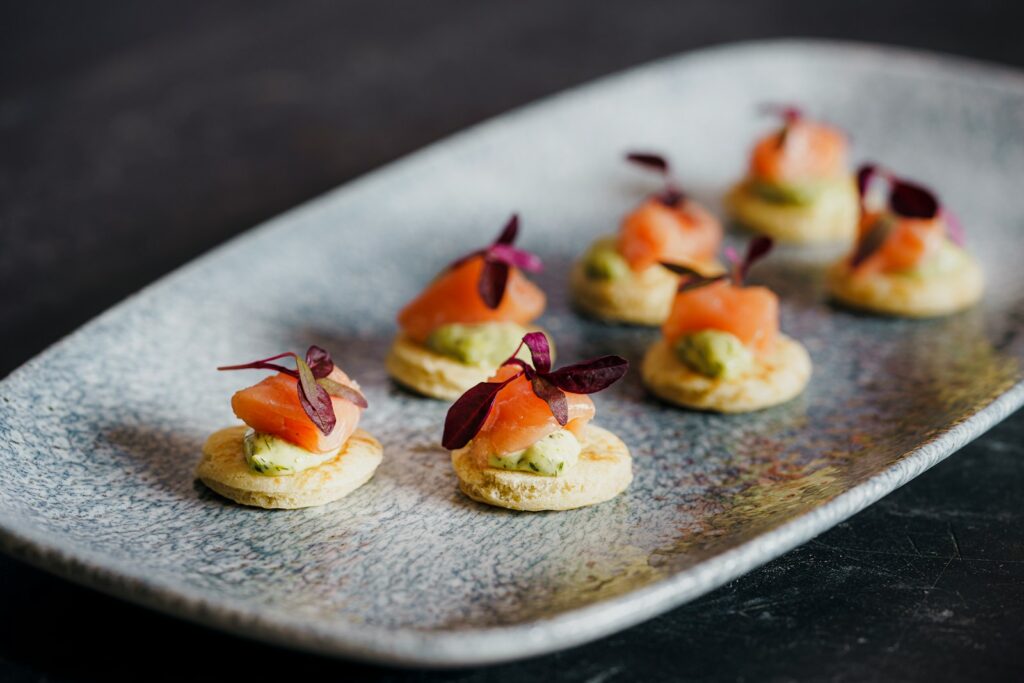
Unless there’s something clearly wrong, questioning how a dish looks can come off as rude. Chefs often design plates with intention, balancing colors, textures, and ingredients. Making comments like this can sound like you think it’s ugly or done wrong, which can be frustrating when a lot of thought goes into the presentation. If you’re curious, ask about the dish’s story or inspiration instead.
“Can you make it exactly like [another restaurant] does?”
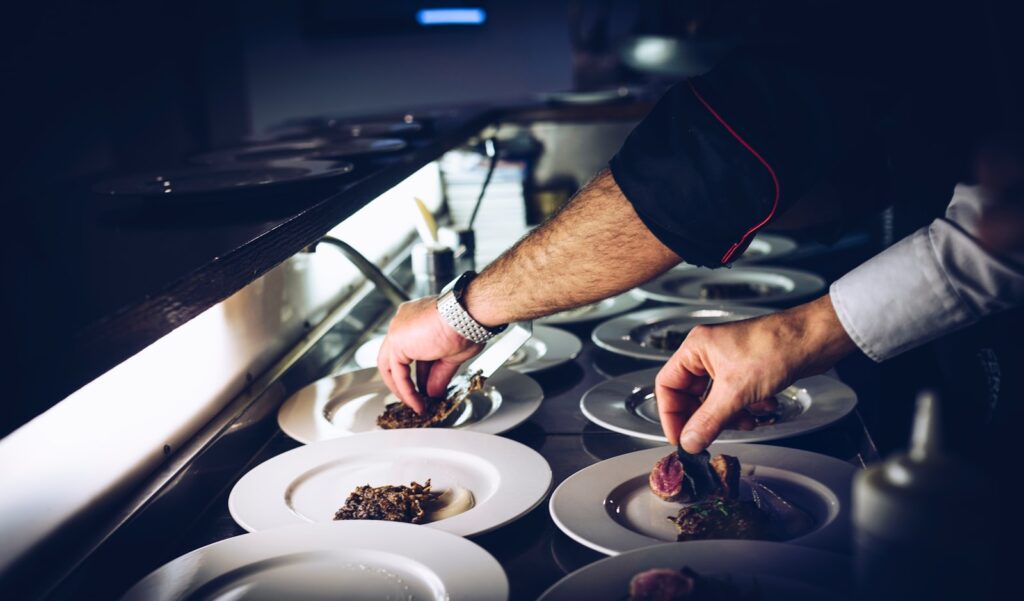
Chefs aren’t in the business of copying other people’s work, especially from another place. Asking them to recreate someone else’s signature style feels like telling a painter to mimic another artist’s exact painting. Every chef has their own flavor, method, and vision, so asking for a duplicate can feel disrespectful. It’s better to enjoy their version or go to the place you’re comparing it to.
“This would be better with ketchup.”
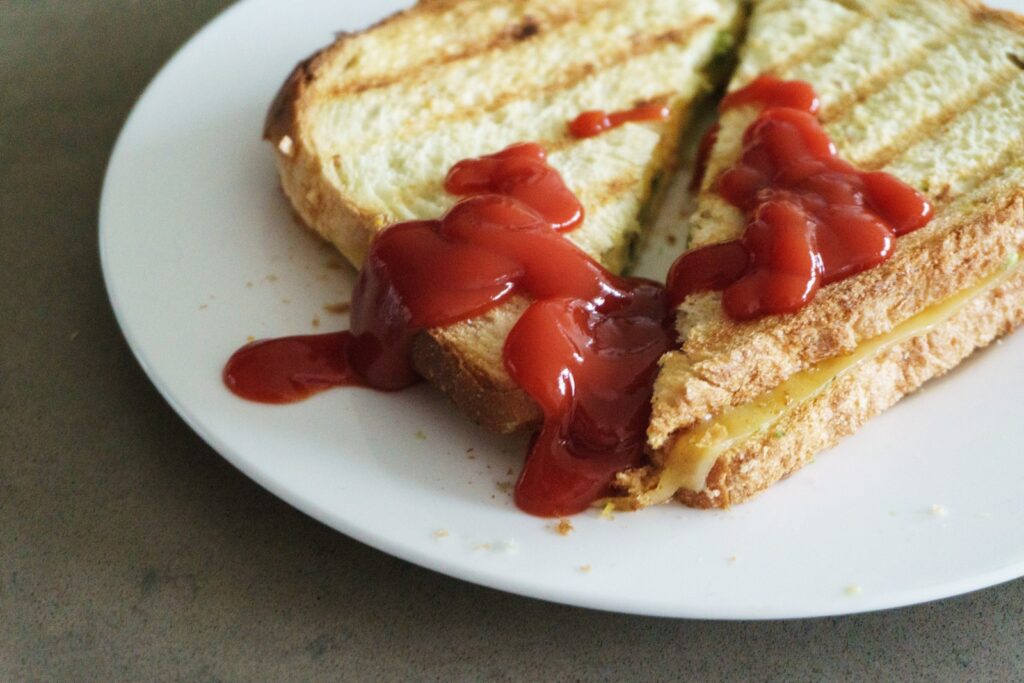
Unless you’re in a diner eating fries or burgers, suggesting ketchup is usually a no-go. For many chefs, it’s not just about the food itself—it’s about how all the parts of the dish come together. Saying you need ketchup often sounds like you’re trying to cover up the actual flavor. It might seem harmless, but to a chef, it can feel like you’re tossing their work aside.
“That’s too expensive for what it is.”
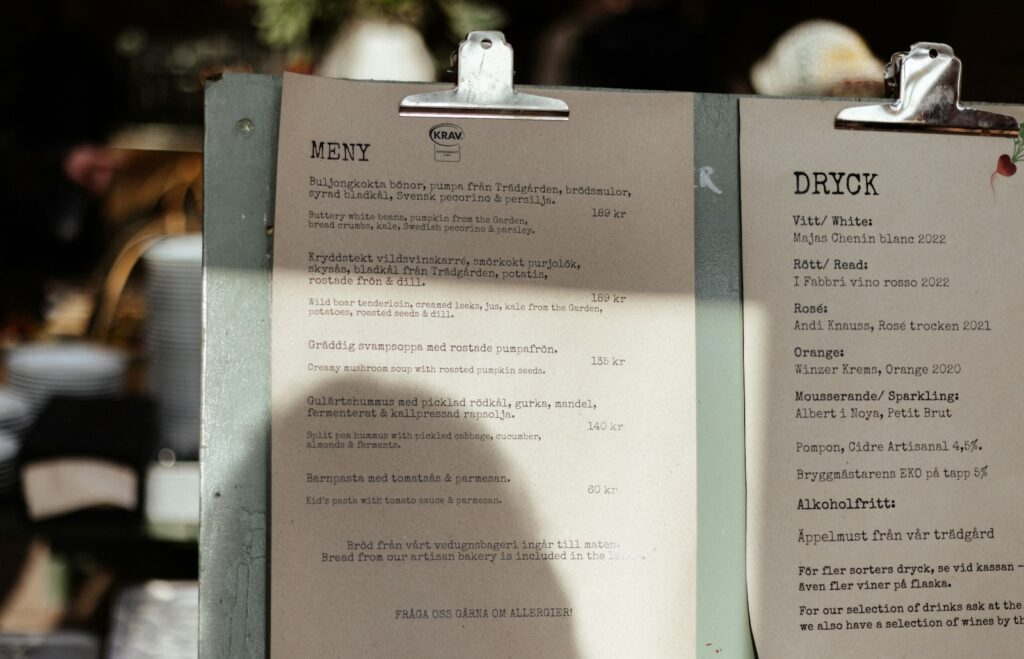
When you comment on the price without knowing the full story, it can feel like an insult. Chefs often use high-quality ingredients, invest time in preparation, and work with a team that deserves to be paid fairly. Food isn’t just about ingredients—it’s about labor, skill, and passion. If you can’t afford something, that’s fine, but questioning its value to the person who created it rarely lands well.
“I could make this at home.”
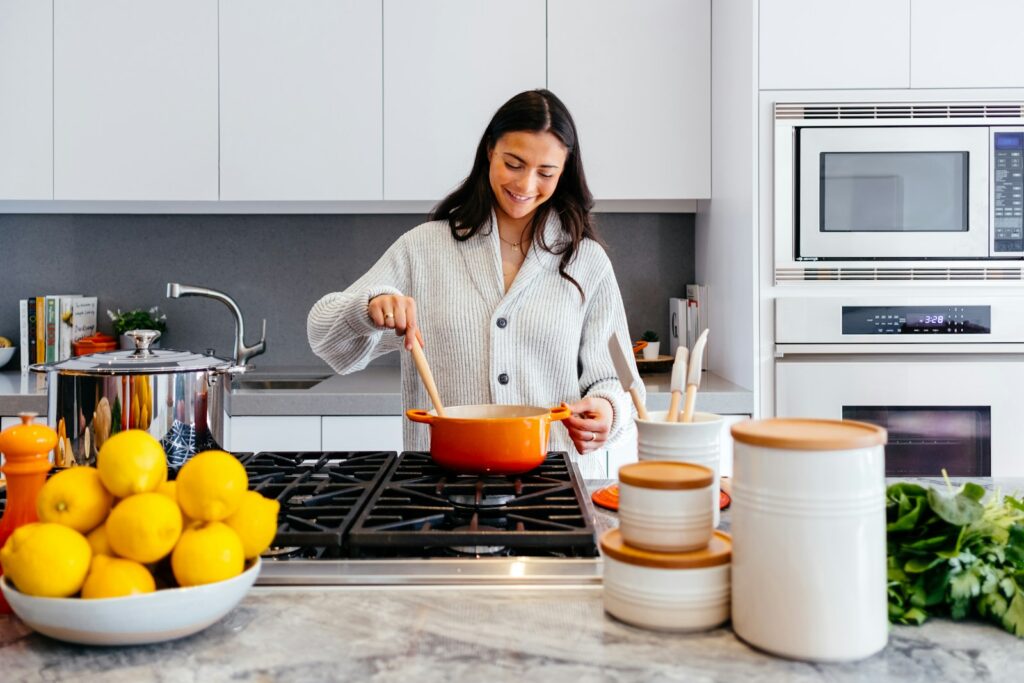
You probably could, but that’s not the point. Dining out is about more than just the dish—it’s about the experience, skill, and care that goes into making it just right. Saying this makes it sound like the chef’s effort is no big deal. It’s like telling a musician you can play the same song on your phone. Even if true, it misses the artistry behind what you’re enjoying.
“Can I get it well-done?” (For steak or tuna)
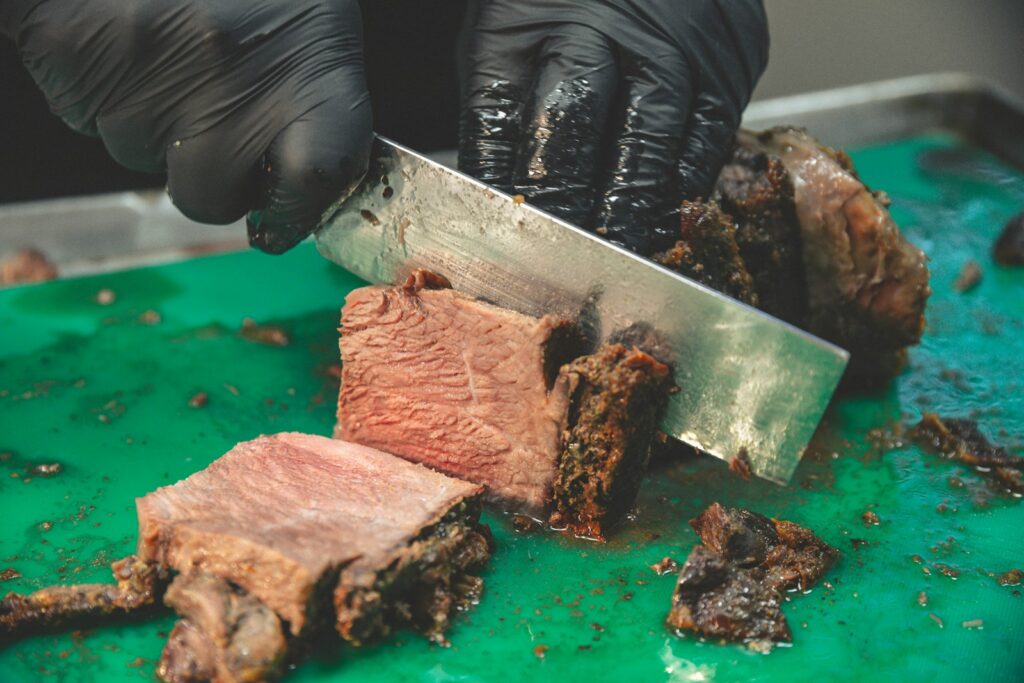
While everyone has their preferences, asking for something like a steak or fine tuna cooked well-done can make a chef cringe. These items are often chosen for their tenderness and flavor, and overcooking them takes away what makes them special. Chefs want you to enjoy the food at its best, and this kind of request can feel like a waste of a great ingredient they carefully sourced.
“Why is it taking so long?”

Rushing a chef can come across as impatient or even disrespectful. Preparing food, especially in a busy kitchen, is a careful process. There might be ten dishes ahead of yours, or the one you ordered could need precise timing. If something’s truly delayed, it’s fine to ask politely, but snapping about speed can make it feel like you don’t care about quality—just speed, and that’s not how great food is made.
“I’m allergic to onions. Just kidding!”

This kind of joke isn’t funny in a professional kitchen. Chefs take food allergies very seriously because they can be life-threatening. Playing around with fake allergies wastes time and could even mess up service. Kitchens have to scrub down entire areas or adjust the process to avoid cross-contamination so making false claims or jokes about allergies shows a lack of respect for their responsibility and others’ safety.
“You must love cooking at home too.”
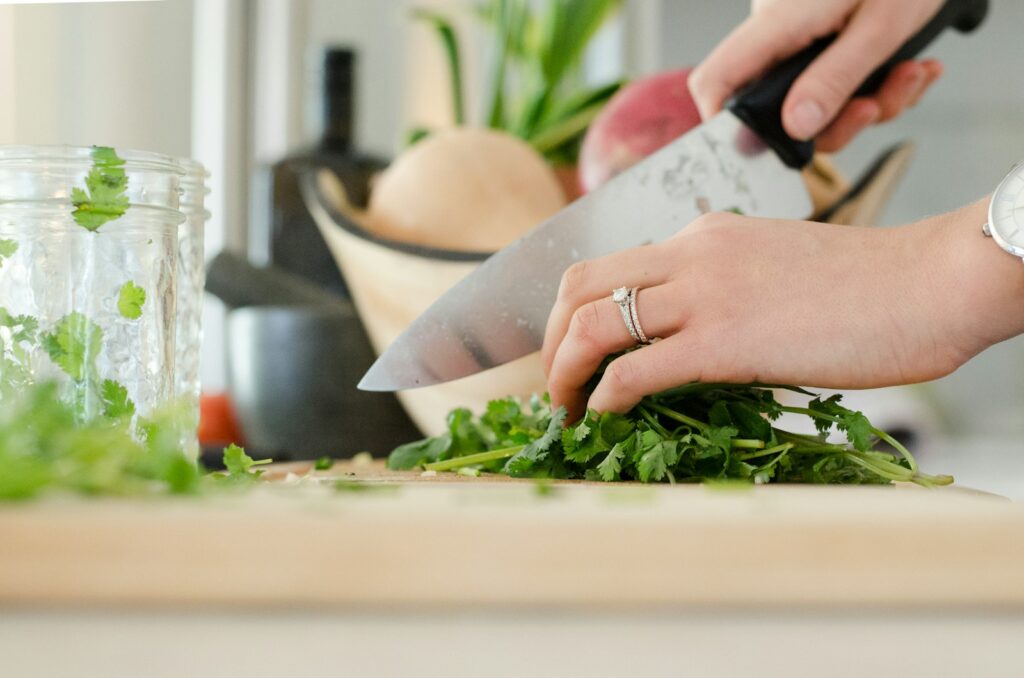
It sounds like small talk, but for many chefs, cooking at home is the last thing they want to do after long hours in a hot, stressful kitchen. It’s like asking a cab driver if they love driving on weekends for fun. Most chefs need a break from food prep when they’re off the clock. They might still love food, but that doesn’t mean they’re constantly cooking for fun.
“Can you make something that is not on the menu?”

Unless it’s a dietary need or a simple swap, asking for something that’s not on the menu can be annoying. Chefs design their menu for a reason—ingredients are ordered and prepped in certain amounts, and dishes are built to flow with the kitchen’s system. Asking for something different might slow things down or disrupt the team. If you’re curious about something specific, ask what the kitchen recommends.
“Is the chef back there, or do you just microwave everything?”
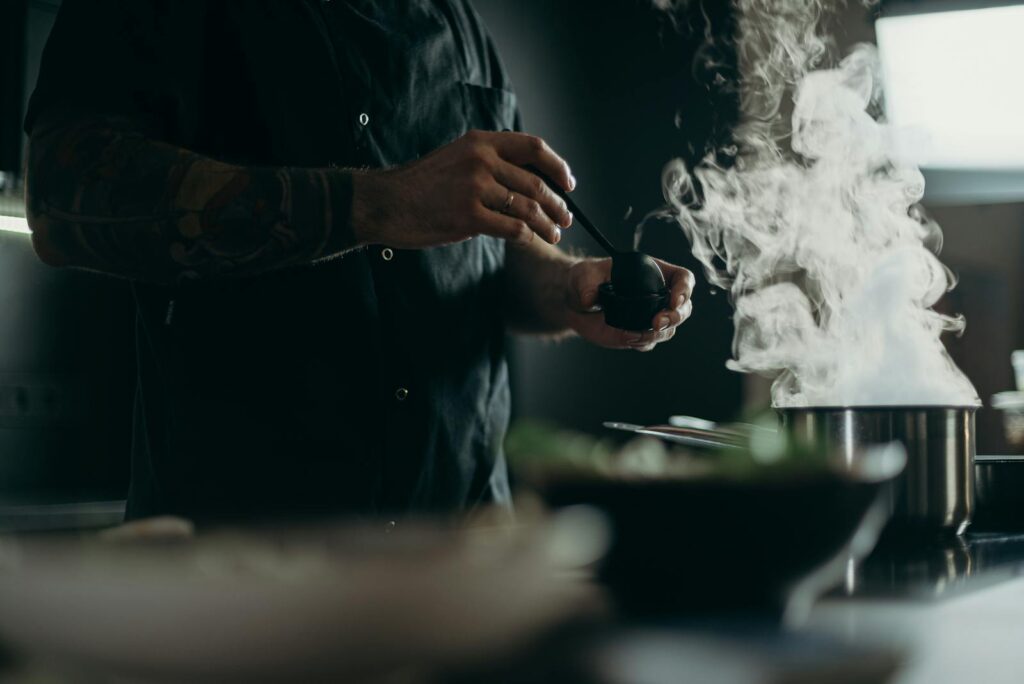
This one’s pretty insulting. Chefs spend hours prepping, tasting, adjusting, and cooking to make sure things are just right. Assuming it all came from a microwave discredits all that effort. Even casual or fast restaurants often do more behind the scenes than people realize. If you’re not sure, ask how something is made rather than throwing out a comment that sounds like you’re accusing them of being lazy.
“Do you even eat this stuff yourself?”
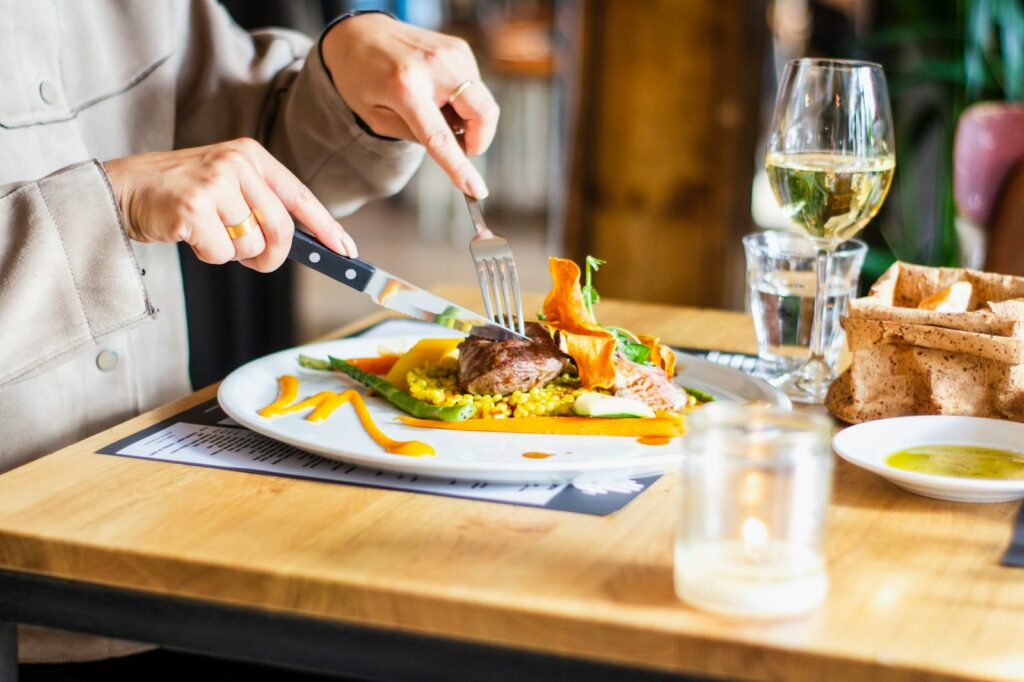
This question can sound like you think the food is too strange, unhealthy, or not good enough to eat by the chefs. Most chefs taste and test their food constantly, and they take pride in what they serve. Even if a dish isn’t to your taste, it doesn’t mean it’s not worth eating. Comments like this just make it feel like you’re challenging their choices for no reason.
“You should be on a cooking show!”
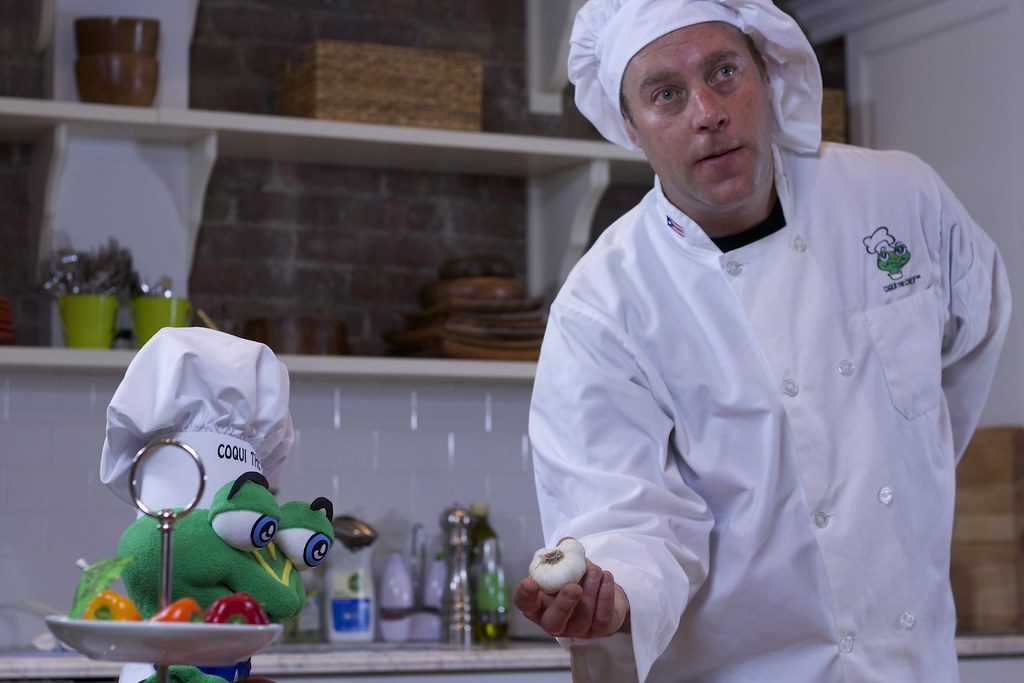
This might seem like a compliment, but it feels more like a backhanded suggestion for many chefs that success only comes through TV fame. Most chefs want to cook good food and run a solid kitchen, not chase celebrity status. Suggesting they need to be on a show can feel like you’re saying their current work isn’t impressive unless it’s broadcast. Praise their food, not what you think they should do next.
“This isn’t how my culture makes it.”
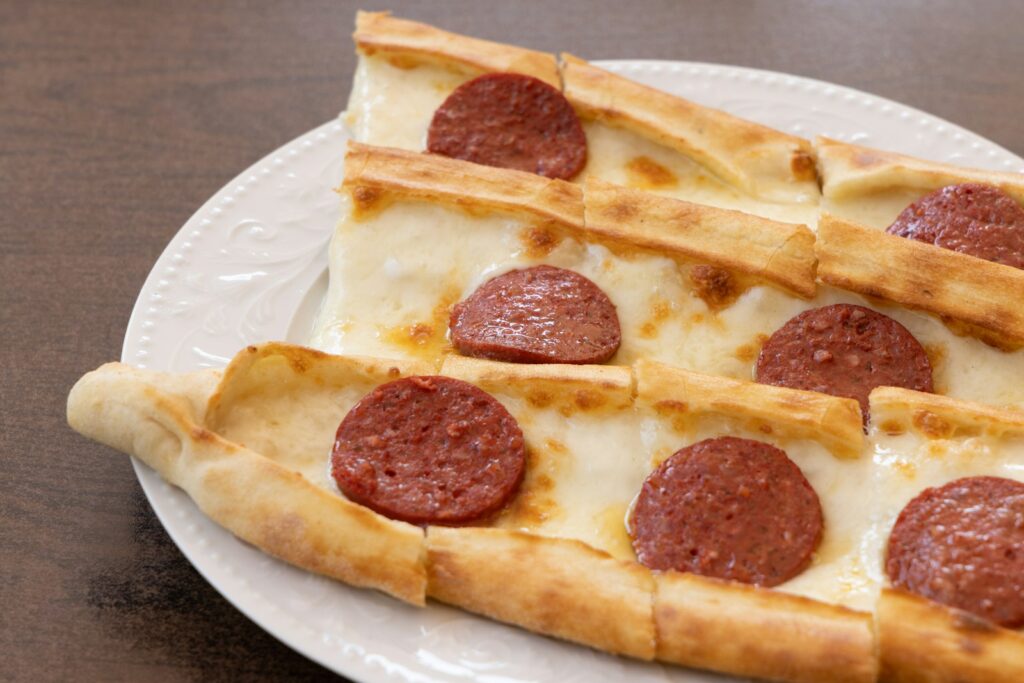
That might be true, but food often gets interpreted in different ways. A chef may have trained in another country or learned from a different tradition. Saying this can feel like you’re dismissing their version as wrong. Try asking about how they learned to make it or what inspired their version. It opens the door for conversation without sounding like you’re judging their take on a dish.
Leave a comment